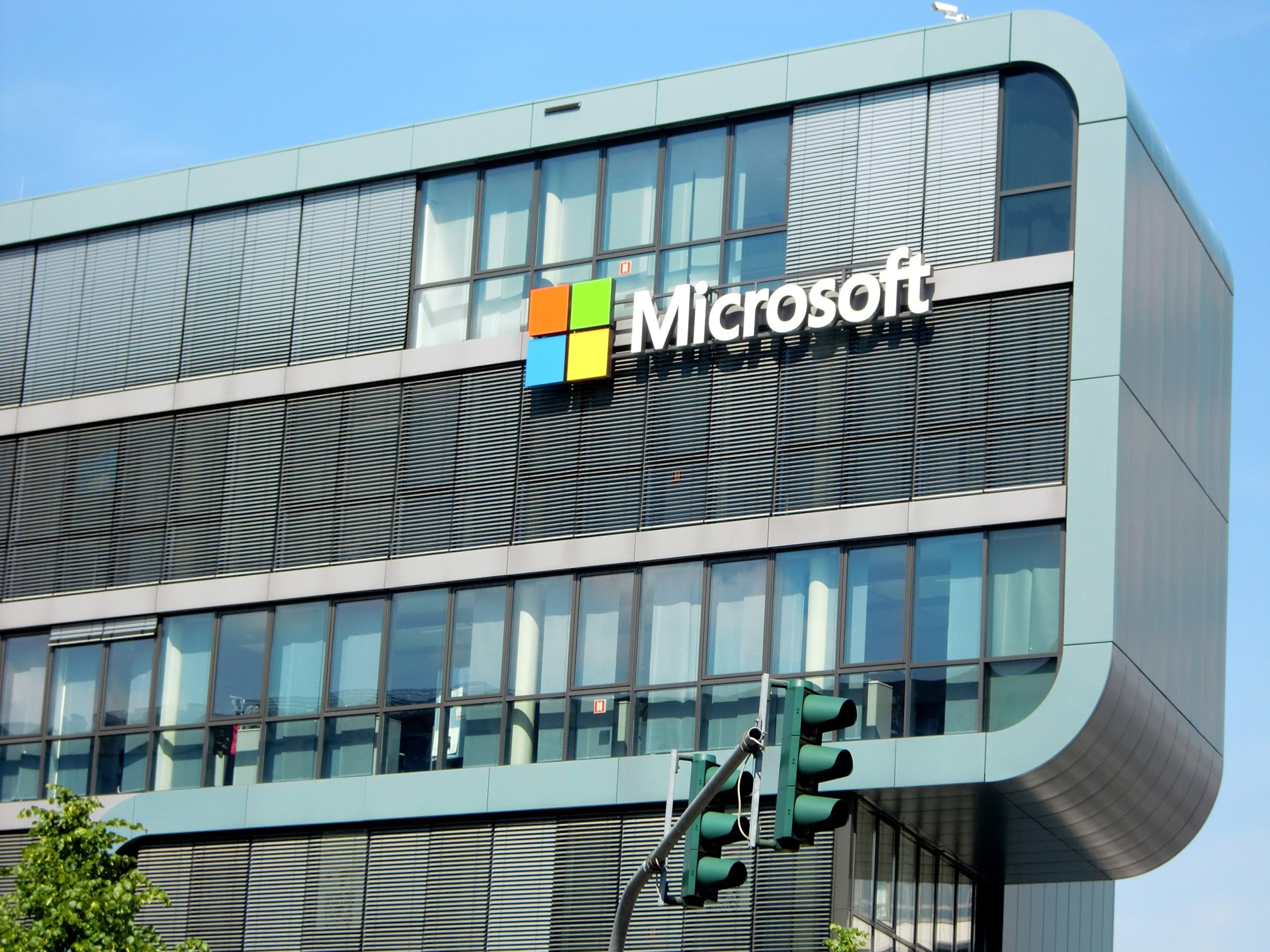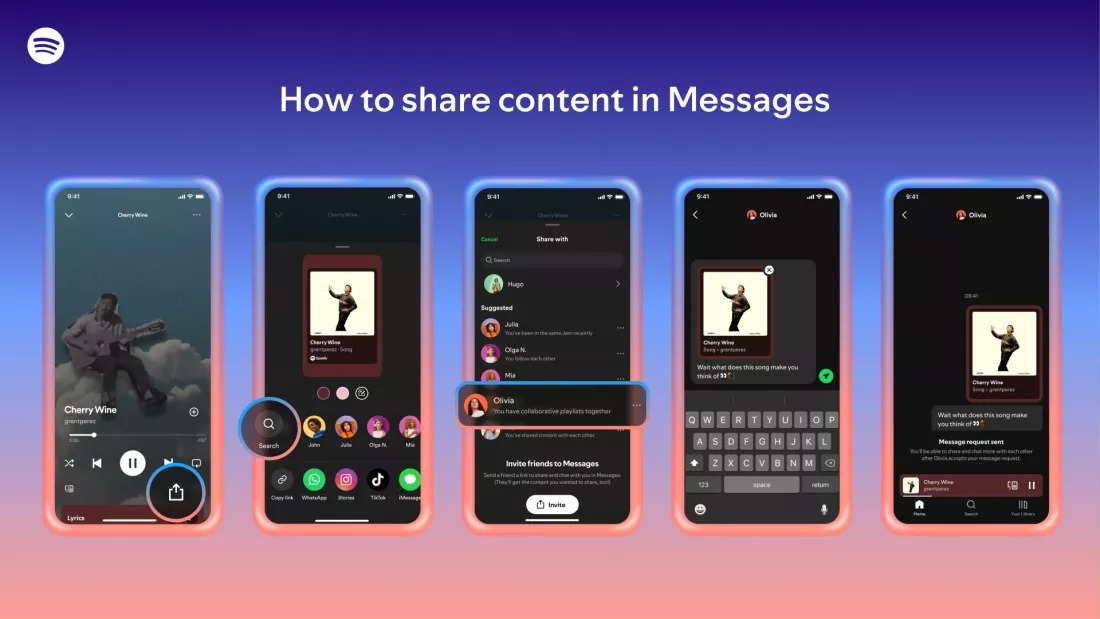Corporate responsibility debates in tech just escalated from Slack channels to occupied executive suites. Seven “No Azure for Apartheid” activists breached Microsoft’s Redmond headquarters on August 26, barricading themselves inside president Brad Smith’s office with furniture while live-streaming their demands via Twitch. The dramatic protest forced a temporary campus lockdown and ended with all seven arrested on charges including trespassing and obstruction.
Live-Streamed Confrontation
Protesters mixed current employees with former workers in coordinated office takeover.
The occupation wasn’t just theater—it was carefully orchestrated activism. Only two of the seven protesters currently worked at Microsoft, with the group including a former Google employee who’d likely witnessed similar tactics. They hung banners, chanted anti-genocide slogans, and taped a mock legal summons to Smith’s monitor before Redmond Police physically removed them.
The Twitch stream captured every moment, turning corporate dissent into public spectacle. This tactical choice transformed an internal corporate dispute into global entertainment, forcing Microsoft’s hand in ways traditional employee grievance procedures never could.
Executive Pushback
Smith dismissed protest tactics while claiming existing dialogue channels remain open.
Brad Smith struck back at a press conference, arguing that “such activity distracts from the real dialogue that Microsoft is having with employee groups of different backgrounds, faiths, and cultures.” His message was clear: disruption isn’t necessary when internal channels exist.
Yet the very fact that protesters felt compelled to storm his office suggests those dialogue channels aren’t delivering results activists want to see. When employees resort to furniture barricades, corporate communication strategies have clearly hit a wall.
The Guardian Investigation Factor
Recent reporting revealed Israeli use of Microsoft infrastructure for Palestinian data collection.
The protest timing wasn’t coincidental. A Guardian investigation recently exposed how Israel uses Microsoft’s cloud infrastructure to store massive communications data collected from Palestinians in Gaza and the West Bank. This revelation gave protesters concrete evidence to support their “complicity” claims, transforming abstract ethical concerns into documented surveillance partnerships.
The findings elevated activist arguments beyond theoretical debates about corporate responsibility into specific allegations about Microsoft’s technology enabling targeted operations against Palestinian civilians.
Google Déjà Vu
Microsoft activists borrowed tactics from April 2024 Google Project Nimbus protests.
This playbook isn’t new. Google employees occupied executive offices in April 2024 over Project Nimbus—their company’s cloud and AI contract with Israel—using identical live-streaming tactics before getting fired. The Microsoft protesters clearly studied that blueprint, understanding that dramatic actions generate more attention than internal memos ever could.
The pattern suggests a coordinated strategy spreading across Big Tech, where employee activism increasingly targets government cloud contracts as accountability flashpoints.
The Redmond occupation signals a broader shift in tech worker expectations. Your employer’s cloud contracts aren’t just business decisions anymore—they’re moral litmus tests that employees are willing to risk careers to challenge.




























